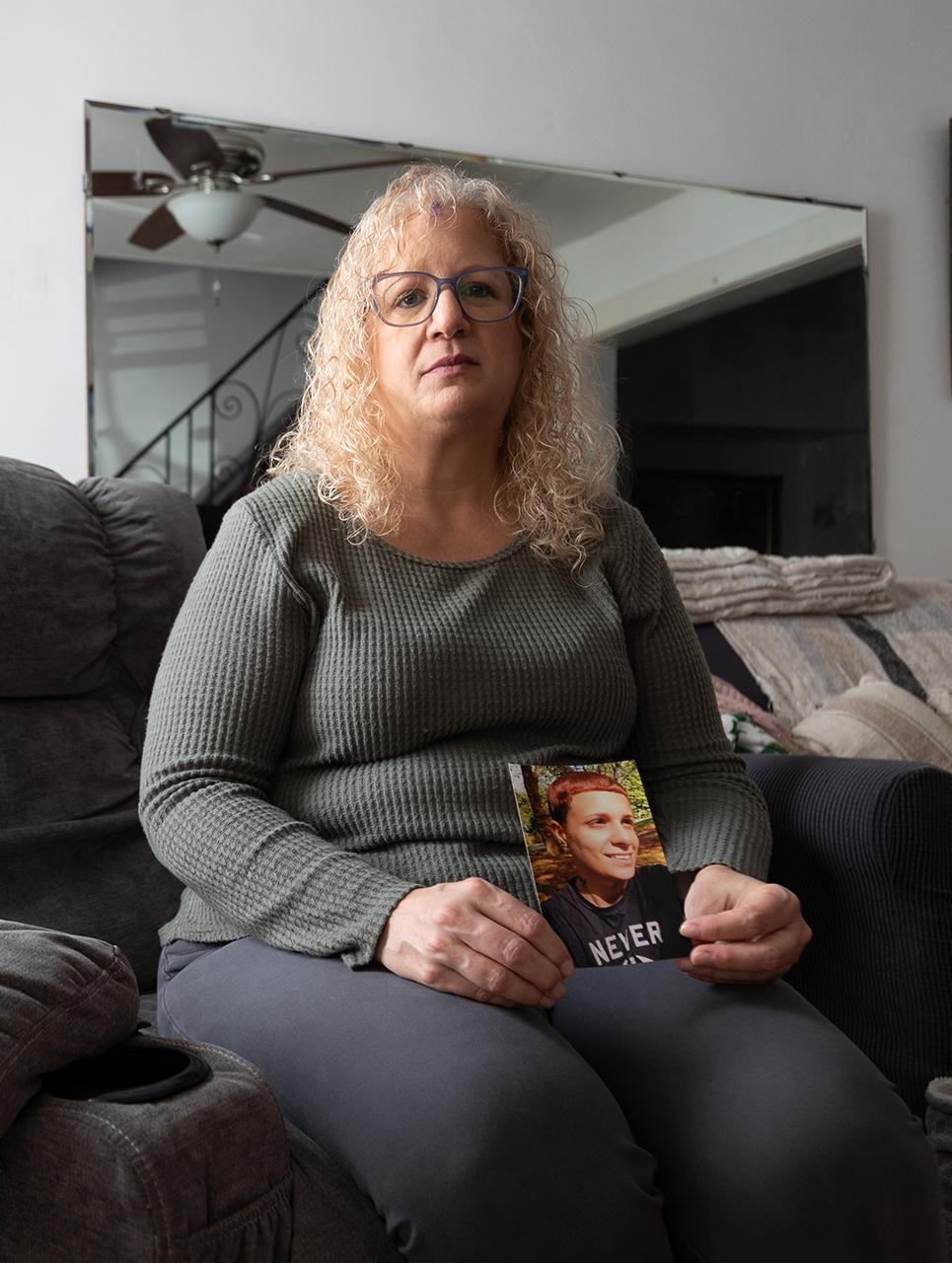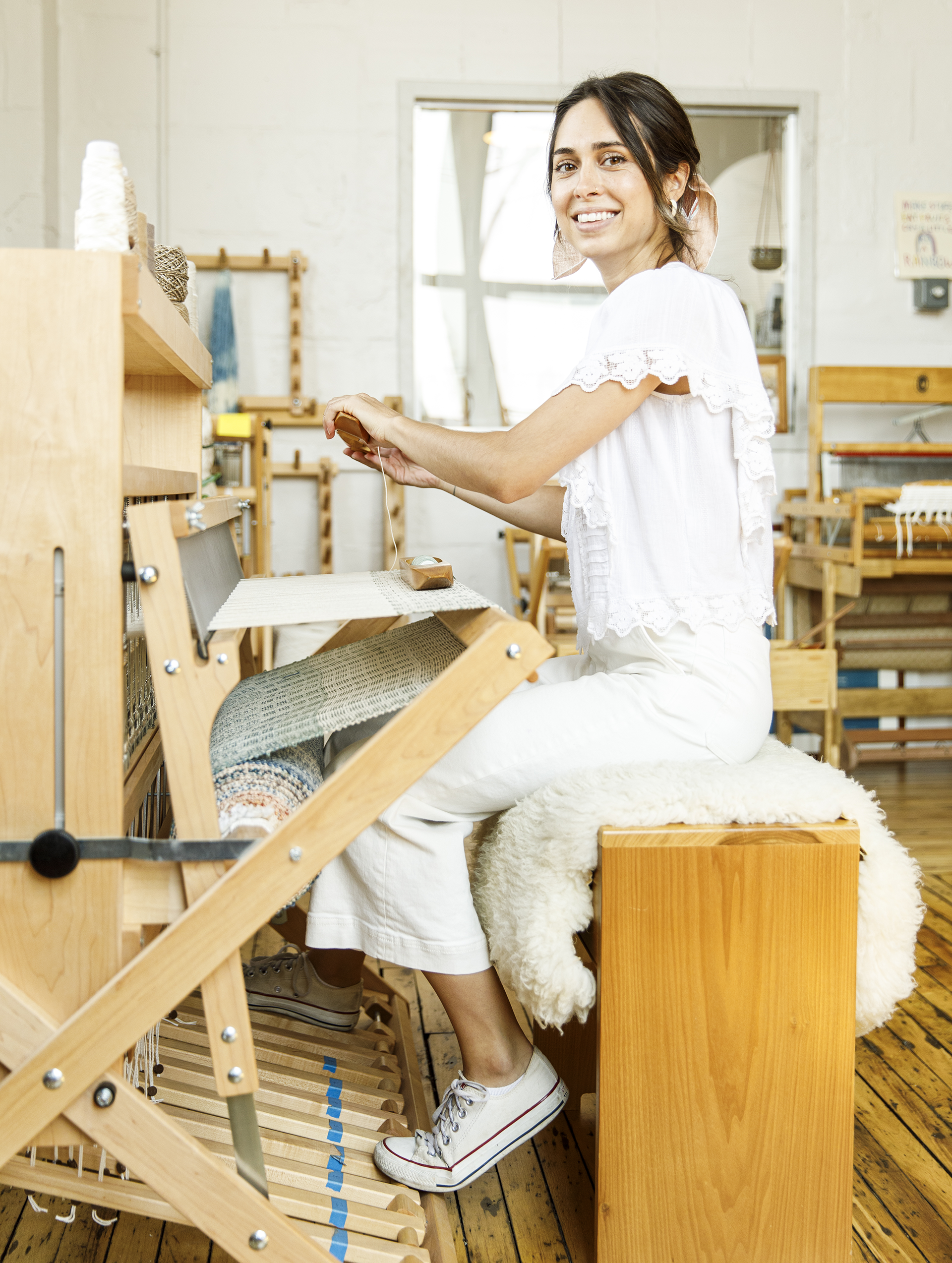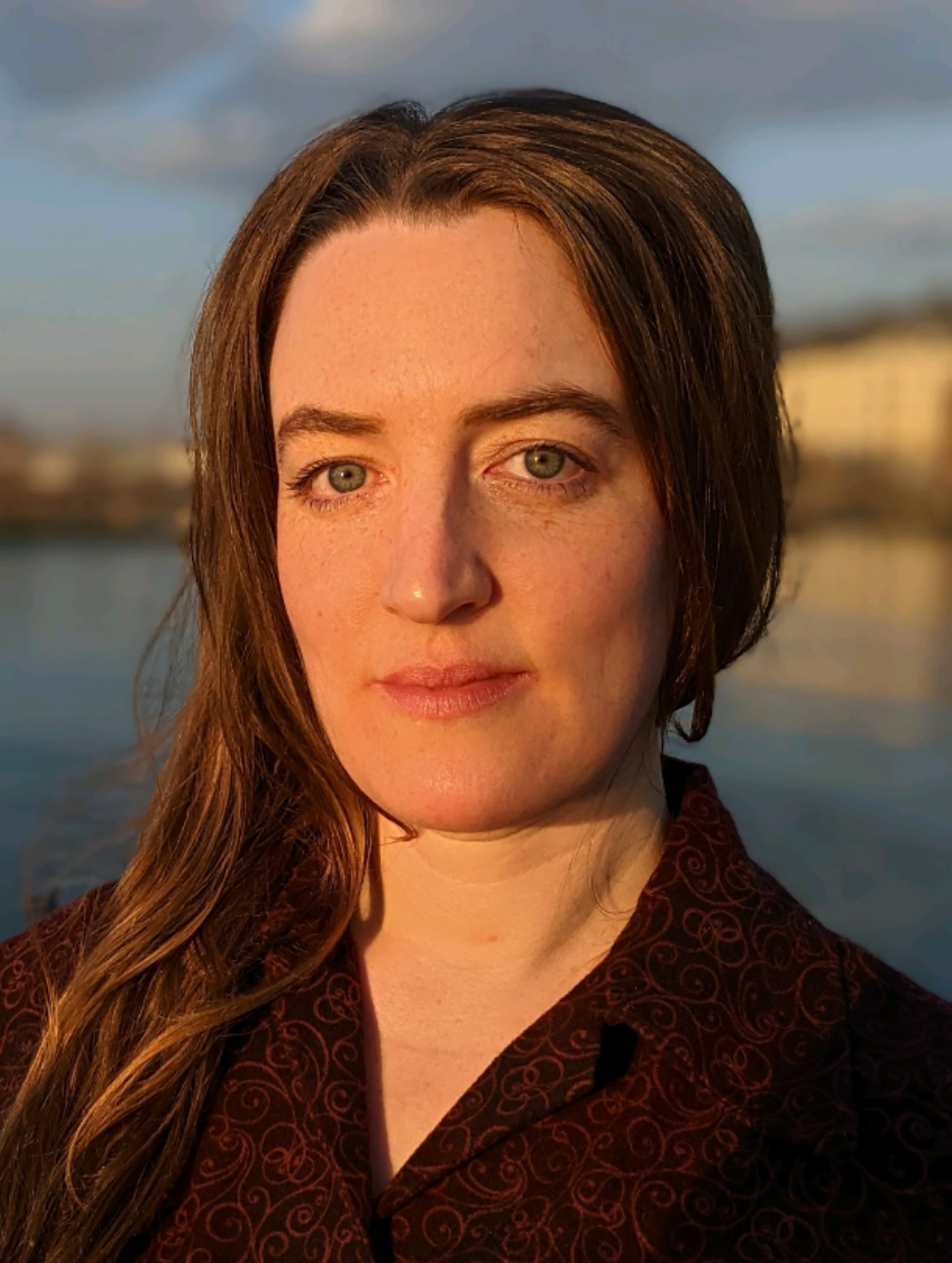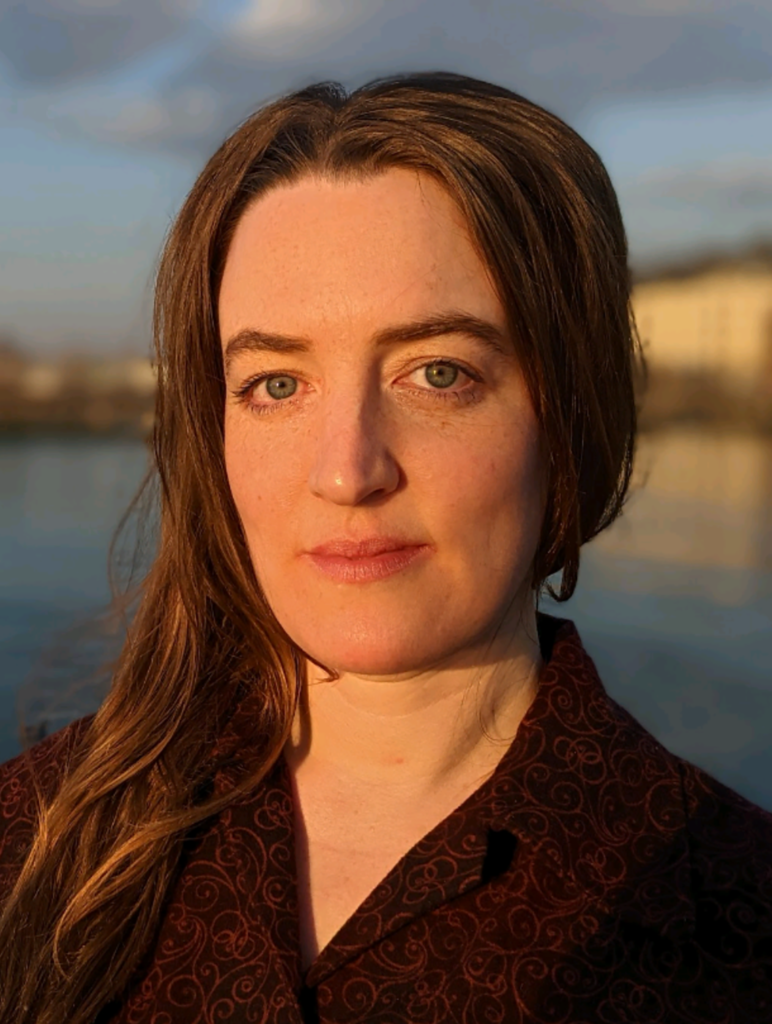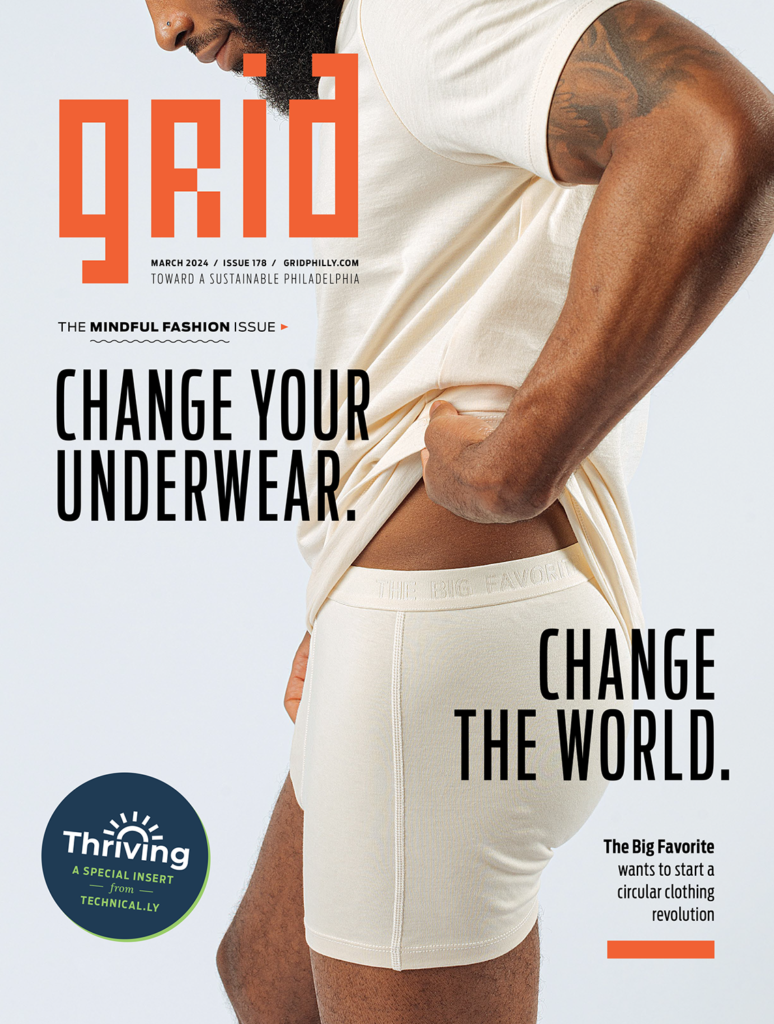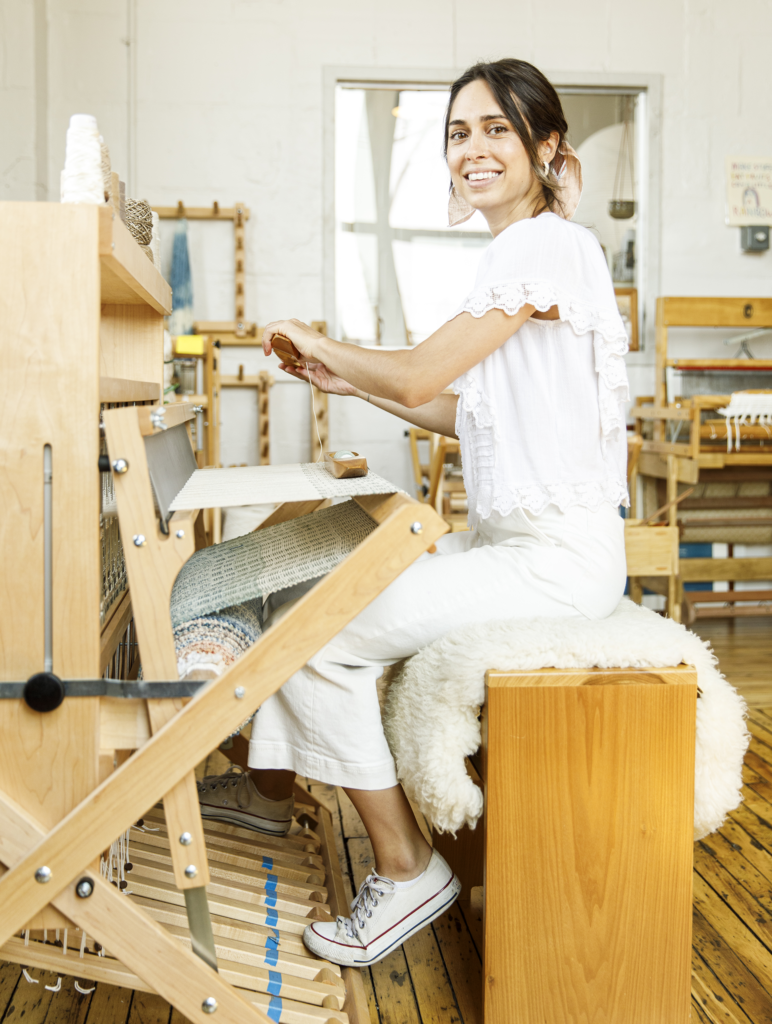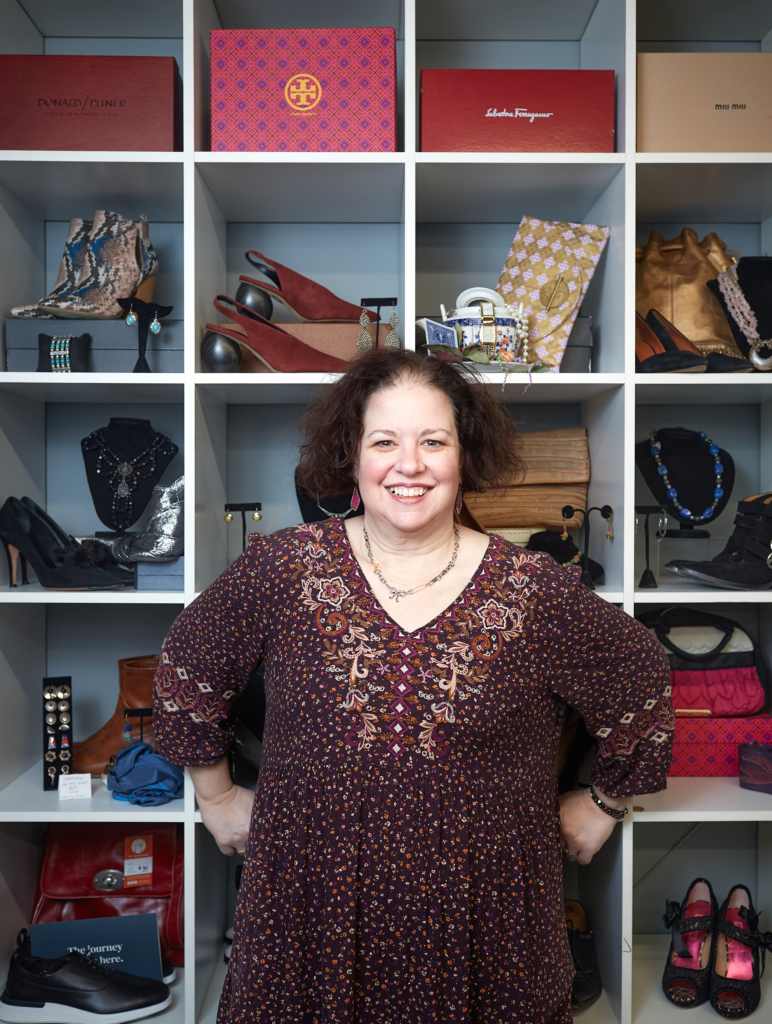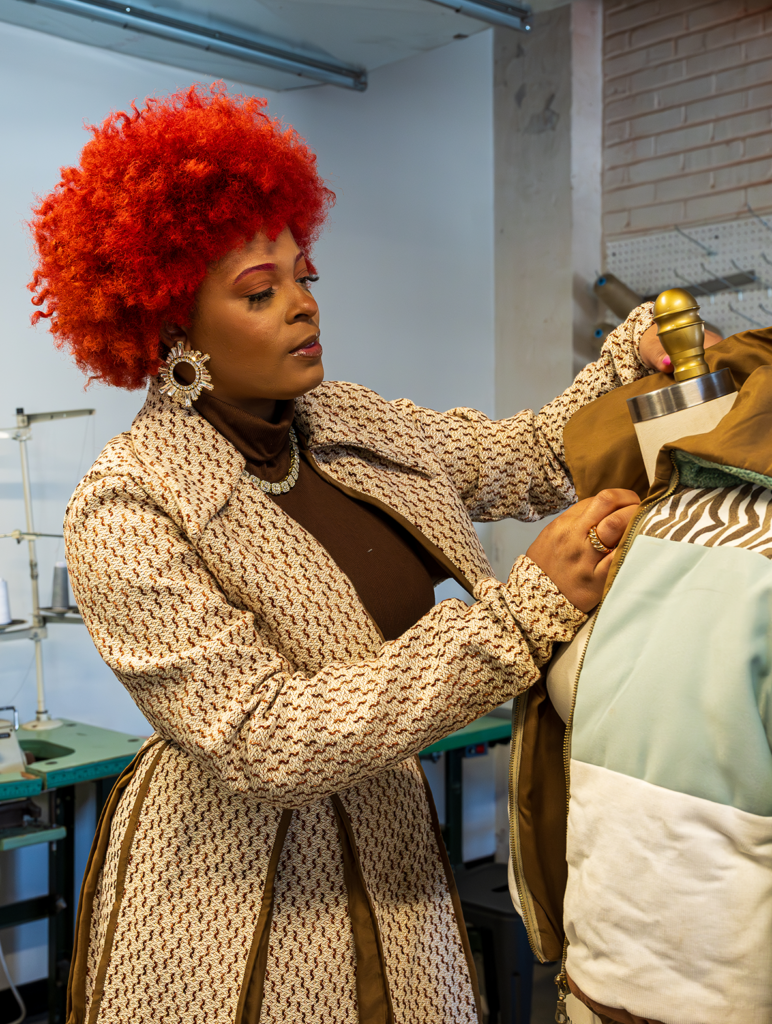Within minutes of stepping onto McGee Island off the coast of Maine for a writing residency, I learned through a phone call that my son, Manuel, my only child, had died. Dogged by alcohol, cough syrup, schizophrenia and half-cured pneumonia — he left the hospital against medical advice — he succumbed in his room at a small boarding house near my home.
I had accompanied him as best I could through the 22 years of his illness until his death on September 23, 2022, at age 47. The Medical Examiner’s Office found the substances mentioned in his body as well as the anti-psychotic medication he’d gone to Mental Health Partnerships-Parkside to have injected the day before he died. He had tried up to the end to right his life.
As a practitioner of the Yoruba tradition, a West African-based religion, I asked the other women in residency at The Salty Quill to join me in a ritual to petition Yemayá, the angel of maternity embodied in the sea, for help to go on living without my son. The ceremony comforted me as I began mourning. But from week to week over the past 16 months, I’ve relied on Philly HEALs (Healing & Empowerment After Loss) to walk through grief.
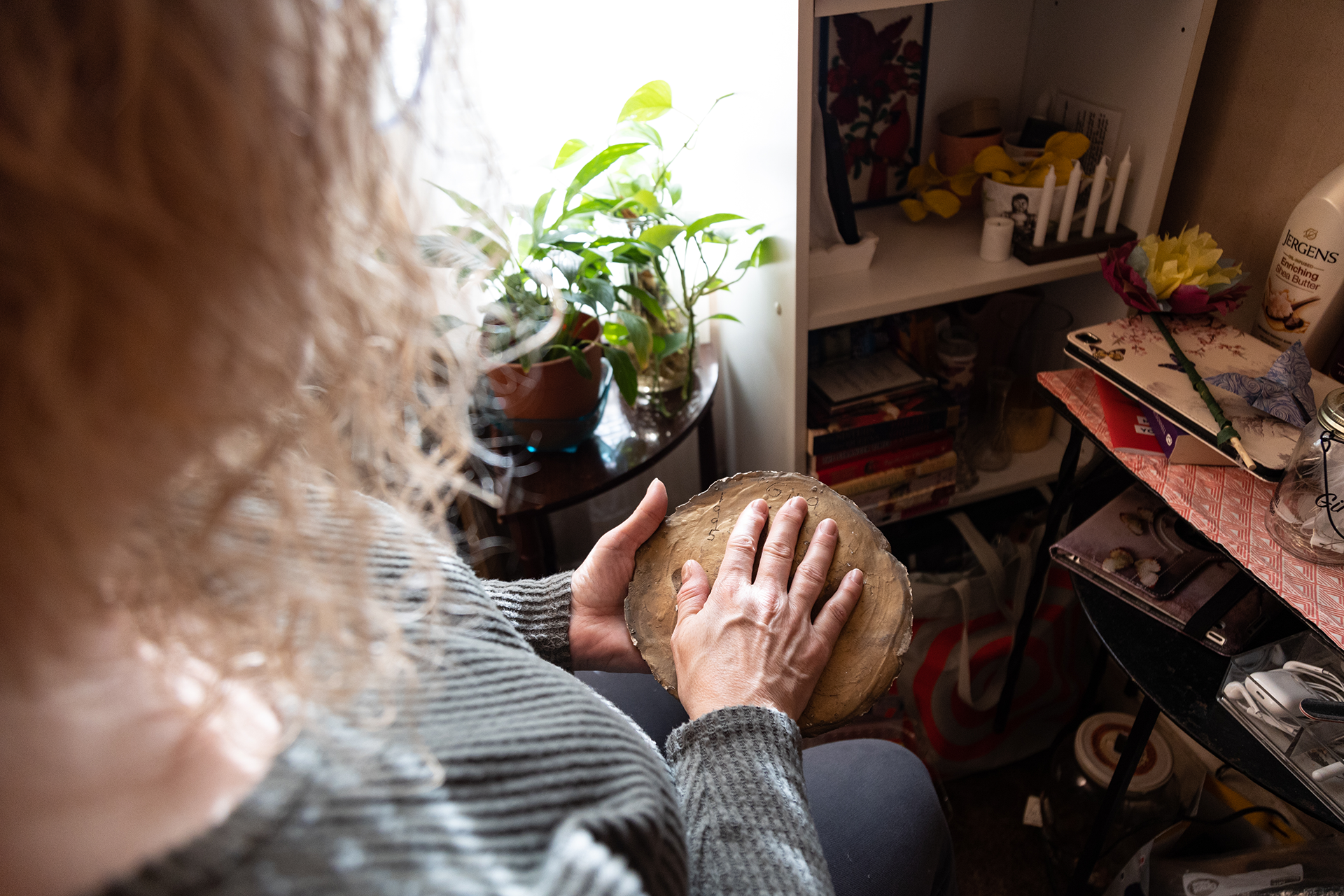
Founded in 2019, the program — run by the Philadelphia Department of Public Health’s Substance Use Prevention and Harm Reduction (SUPHR) program — partners with the Medical Examiner’s Office to provide free grief support to city residents who’ve lost a loved one to an unintentional drug overdose. In 2020, 1,214 Philadelphians died from an unintended overdose; in 2022, the year Manuel died, 1,413 city residents succumbed from that cause, according to the Department of Public Health. That jump mirrors a nationwide trend: the National Safety Council reports that in 2021, 98,268 people died from preventable overdoses – an increase of 781% since 1999.
Philly HEALs, which serves clients from age 5 and up, had helped more than 4,000 Philadelphians as of March 2023. Six clinicians and an intern staff the agency, says Kaitlin Worden, M.S.W., the bereavement care program manager.
Philly HEALs is a unique refuge. Other local groups, like the nonprofit Compassionate Friends, provide peer support after a child of any age dies, but death related to drug involvement often carries shame and stigma, according to Worden. “Family and friends may view the deceased as unworthy of grief,” she says.
Cadence Giles, senior bereavement counselor with Philly HEALs, sees bereavement care as preventive. “We help clients avoid less beneficial coping mechanisms, such as self-medicating,” she says.
Circumstances may deepen the need for help. Terri Spina learned that when her daughter Gina, 31, overdosed in April 2021, she was with a companion. That person left Gina’s first-floor apartment through a window and told no one about Gina’s death, according to Spina. “I kept texting her and calling her,” says Spina, who has PTSD from the event. “I thought her phone had gotten turned off. The police and fire department had to break down her door. I still remember the smell.”
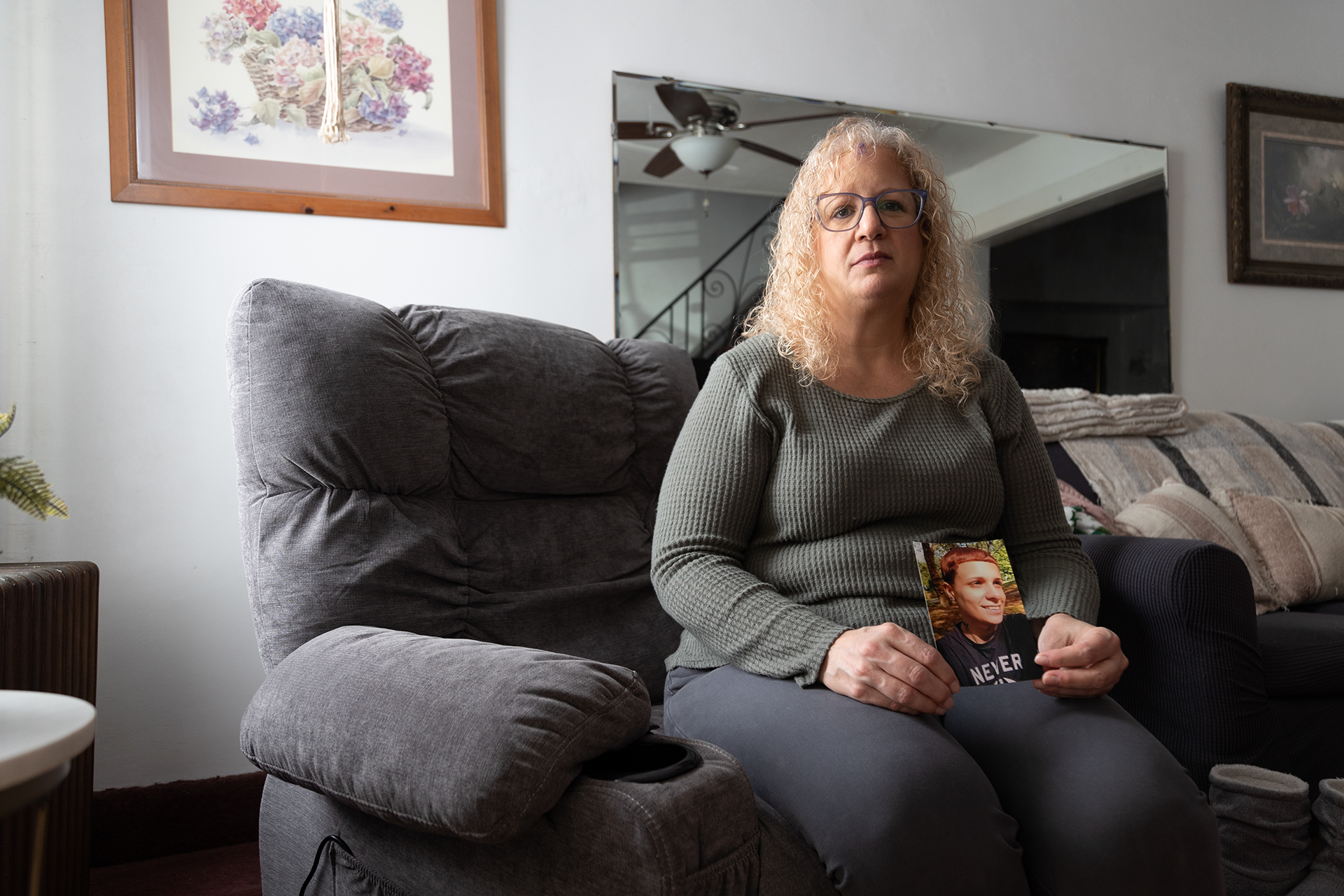
Families may face other pressures. “Along with the shock, you can have financial stress from trying to bury your child,” says Lorraine Porter, whose son Dante, 33, died in August 2021.
The Medical Examiner’s Office called me a few weeks after Manuel’s death to tell me about grief counseling (most people learn about the service that way, though they occasionally find it by word of mouth or web search) and the prospect of help heartened me to lean into the pain. That’s a crucial step, according to Naila Francis, a death midwife in Roxborough who assists people in dying with dignity. She also helps grieving families. “Grief can get stuck in the body and manifest as illness,” she says. An example is “broken heart syndrome” in which the heart muscle becomes suddenly stunned or weakened after extreme emotional or physical stress.
Philly HEALs offers several services, all of them free, including up to 10 one-on-one counseling sessions. Julie M., whose two younger brothers, ages 51 and 52, overdosed within three weeks of each other in 2021, relied on the counseling. “I’d lost my mother 18 months earlier,” she says. “I knew I needed help [when my brothers died].”
I decided on weekly meetings with Giles for a month and then spread the remaining sessions over a longer period of time. With Manuel’s father dead, it fell to me to make the decisions about his treatment. In some sessions I grappled with “what-ifs,” wondering whether different choices could have prolonged his life. I also railed against Philadelphia’s crippled mental health care system.
I don’t think I’d be here if I didn’t have the [peer support] group.”
— Terri Spina, Philly HEALs participant
In addition to individual counseling, Philly HEALs offers peer group meetings on Zoom for 90 minutes every two weeks. Participants may continue with them as long as needed. There are specialized groups, such as LGBTQ, the Hot Widows Club, a writing group and a grandparents group. For Spina, the individual sessions, which can be taken at the intervals one chooses, paved the way to join the peer group, also a key support for her. “I don’t think I’d be here if I didn’t have the [peer support] group,” she says.
Besides a forum where one can speak frankly, the group was a place where I learned from those who’d been grieving longer. For example, others alerted me that Manuel’s birthday and the anniversary of his death could deepen my sadness. Thanks to their warning about Christmas, instead of sitting at home I joined a street protest against the proposed Chinatown arena.
In a workshop about feeling relieved after a loved one dies, I mentioned no longer worrying about calls from the police or hospitals, or Manuel’s diminishing short-term memory, or what would happen to him if I died first. “We choose topics from issues that surface repeatedly,” Giles says.
Bereavement counselors also give virtual workshops on topics like anger, guilt, dreams and the mind-and-body connection. “I find the breathing exercises helpful for coping with stress,” Porter says.
HEALs’ e-newsletter updates clients on books, podcasts and programs, like the services now available in Spanish, and events where group members can meet face-to-face. “There’s magic in being together,” Giles says. There’s also an education. A 2022 gathering included a visit to “Elegy: Lament in the 20th Century,” an exhibition at the Philadelphia Museum of Art. A group outing to West Philly’s Royal Gardens in November 2023 offered camaraderie, a green setting, journaling and grounding through earth-centered activities like weeding.
At the organization’s December 2022 holiday celebration, I saw people of different ages and ethnicities, bearing out the Public Health Department’s statement that overdose deaths occur in nearly every zip code of the city. I also found that other people had lost loved ones with a dual diagnosis, or mental illness and addiction. We lamented that rehab mills in Philly provide little help.
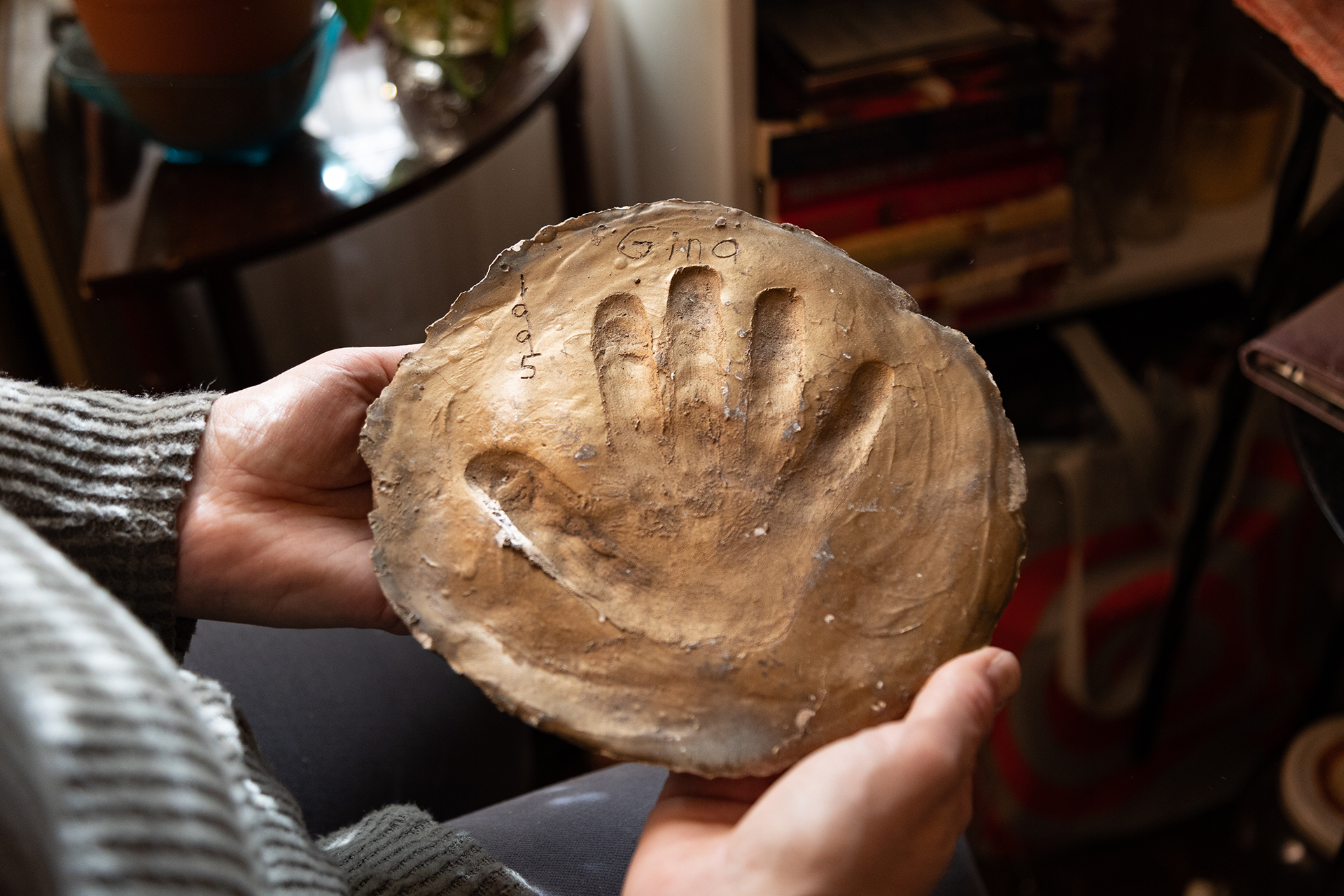
Since Manuel’s death, I return, at times, to the primal scent and murmur of the sea, and I sometimes wrap myself in the blanket that the women of The Salty Quill sent me. But for a sounding board, there’s Philly HEALs. I’ve also discovered the paradox of grief that death midwife Francis points out: “Making space for grief gives you more capacity to savor life, including moments of joy and beauty.”
For details, visit substanceusephilly.com/phillyheals or contact Kaitlin Worden at (267)239 1958 or kaitlin.worden@phila.gov


